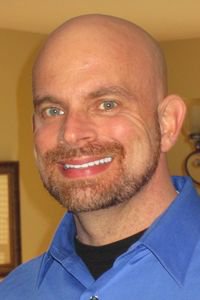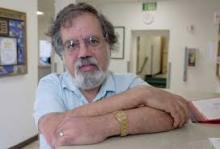 Here’s an excellent article by the late Deron Drumm about the importance of Stories in helping people recover and change the mental health system which appeared on Mad in America.
Here’s an excellent article by the late Deron Drumm about the importance of Stories in helping people recover and change the mental health system which appeared on Mad in America.
‘”It’s important that we share our experiences with other people. Your story will heal you and your story will heal somebody else. When you tell your story, you free yourself and give other people permission to acknowledge their own story.” Iyanla Vanzant
I have spent a lot of time talking to politicians, media members and those working in the mental health system about the failings of the current method of viewing and treating emotional distress. I have come to the conversations armed with stats and outcomes about the bio-medical paradigm. I have found that the people I speak with do not doubt the facts conveyed. They seem to agree that the current state of affairs is not good. The difference is that I think the tragic outcomes demonstrate the failure of the current system. The folks I talk to tend to think things are so bad because “mental illness is just that serious.”








